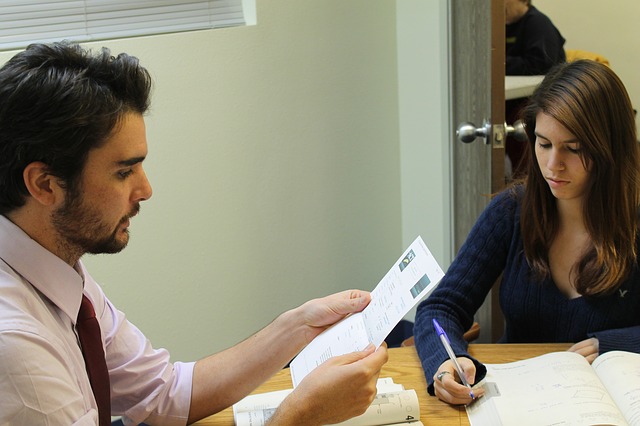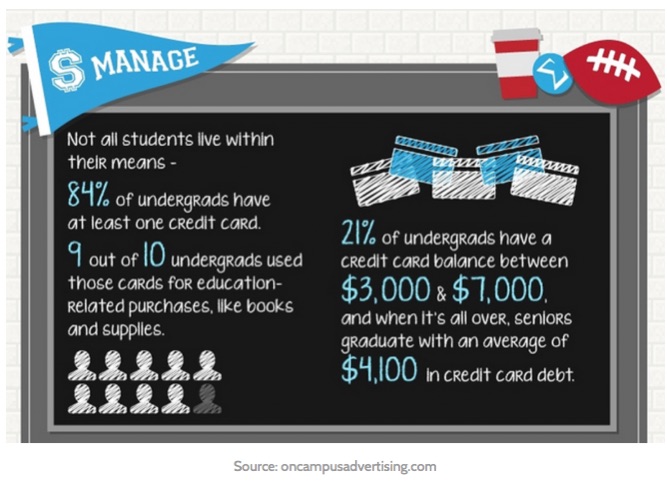This article was originally posted at TheOldSchool.cool by Mr. Jim Whiddon, CEO and founder of The Old School, established to help young men and women gain wisdom and understanding in our day.
1. The Traffic Light System
A few years ago, my company implemented a simple system of time management with the goal of freeing up more time for profitable activities which we generally defined as “face-to-face” client interaction. In the business arena, more time in front of customers and prospective customers means a healthier bottom line. Administrative activities – while important – can adversely affect revenue generation. (For students, concentrated study is the most profitable activity.)
The “Traffic Light System” involves carefully reviewing a hard copy of your daily schedule and colored in time blocks as either wasted (“red”), necessary, but non-revenue generating, such as meetings, planning or other administrative tasks (“yellow”), or face-to-face, including any type of customer communication – telephone, email, handwritten cards, etc. (“green”).
The result of this simple exercise was quite revealing for our company. We discovered, on average, that we were losing about 30% of our time to red activities! By reallocating even a portion of this poorly spent time to green activities, we could add enormously to the bottom line (or to your GPA).
This revelation did not result in an onerous new program; only a simple time reallocation. Simply by identifying the opportunities, we were able to dramatically improve our time management skills. Again, how did we do it? We just looked.
2. Schedule in time blocks
I had a plastic running watch for at least two decades after college. Even after I stopped running every day, I kept wearing it because of the timer feature it had. I would constantly set a countdown for finishing a task. I took some ridicule for this from my “cooler” friends, but it worked well for me.
You are no doubt familiar with the mantra of “a goal without a deadline is just a dream.” It is generally applied to long-range planning goals. By scheduling time blocks throughout the day, you are applying this principle of “working to a deadline” on short-term basis as well. This technique will provide higher percentages of efficiency in the completion of your daily “things-to-do” list.
For example, if you arrive at your workplace at 8:00 a.m. and have a 12:30 lunch meeting, the four-and-a-half hours can be broken into three time blocks of 90 minutes each. By then looking at your prioritized list of tasks, you can evaluate which tasks fit into each 90-minute segment. It is fine to “re-block” the time segments if you get things done in less time than you planned for (which will happen often after you implement this simple tip). And instead of using the old plastic running watch – your smartphone, tablet or laptop all have the countdown feature available and the graphics are outstanding.
If you are a student, use the time block method to segment your study time. This assists you in prioritizing the more difficult or time urgent subjects instead of leaving them for last – as is always the temptation. I estimate this simple tip will add a quarter to a half point to your GPA.
Finally, wait until the end of each time block to check texts and emails. Not only will the attention to organized segments of time help you manage your tasks more efficiently, but avoiding these every-other-minute distractions could do more for your production at work or school than anything else.
3. GMAD (not ASAP)
The generic answer to the question, “When do you need it?” is most often, “As soon as possible,” or “ASAP” for short. This is not a good answer if you want to get things done efficiently because no one really knows what ASAP means. It is not definitive, and because it is so over-used, it actually loses its meaning of urgency.
A better answer is “Give Me a Deadline.” For short, “GMAD”¹ serves to create a specific day and time that all parties can understand. When you are assigned a task, by asking for the “GMAD”, you are saying “Give me a specific day and time when this is needed.” This will make planning easier and you will get a lot more done as well. Try it!
“Habits, like trees, are strengthened by age.” –J.C. Ryle










